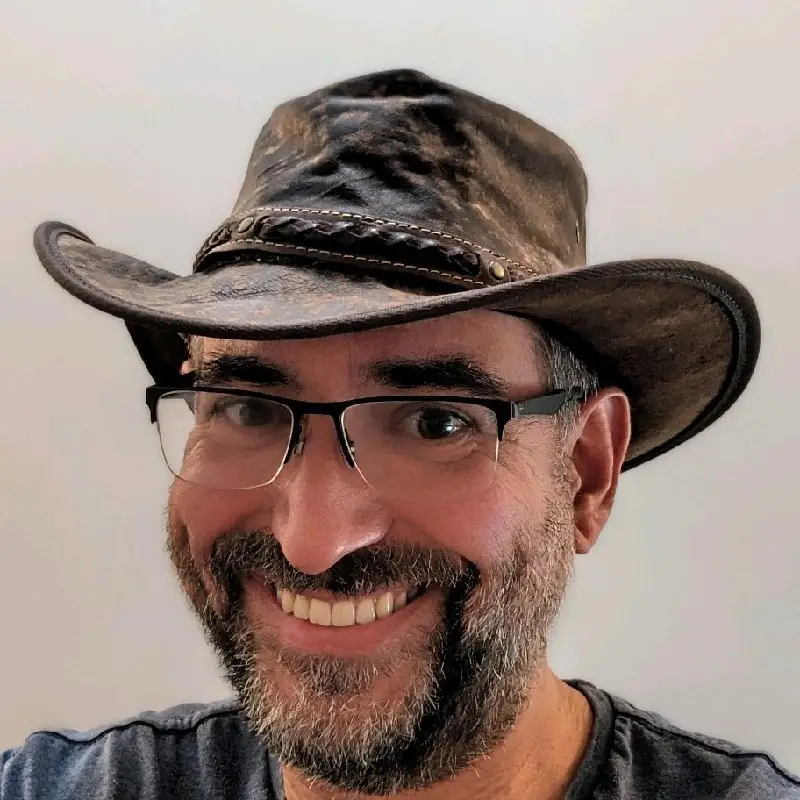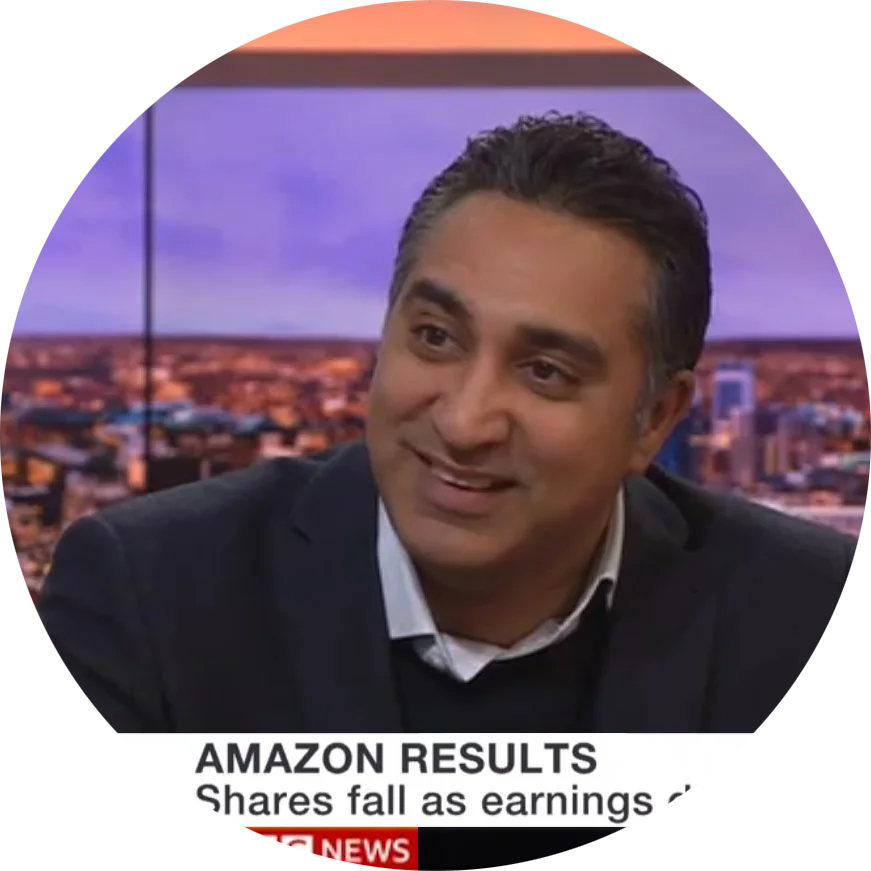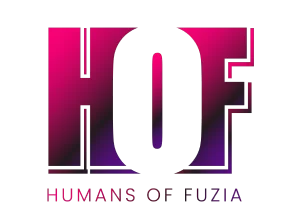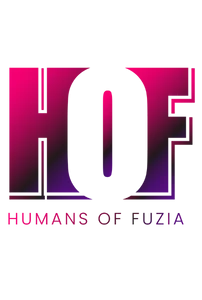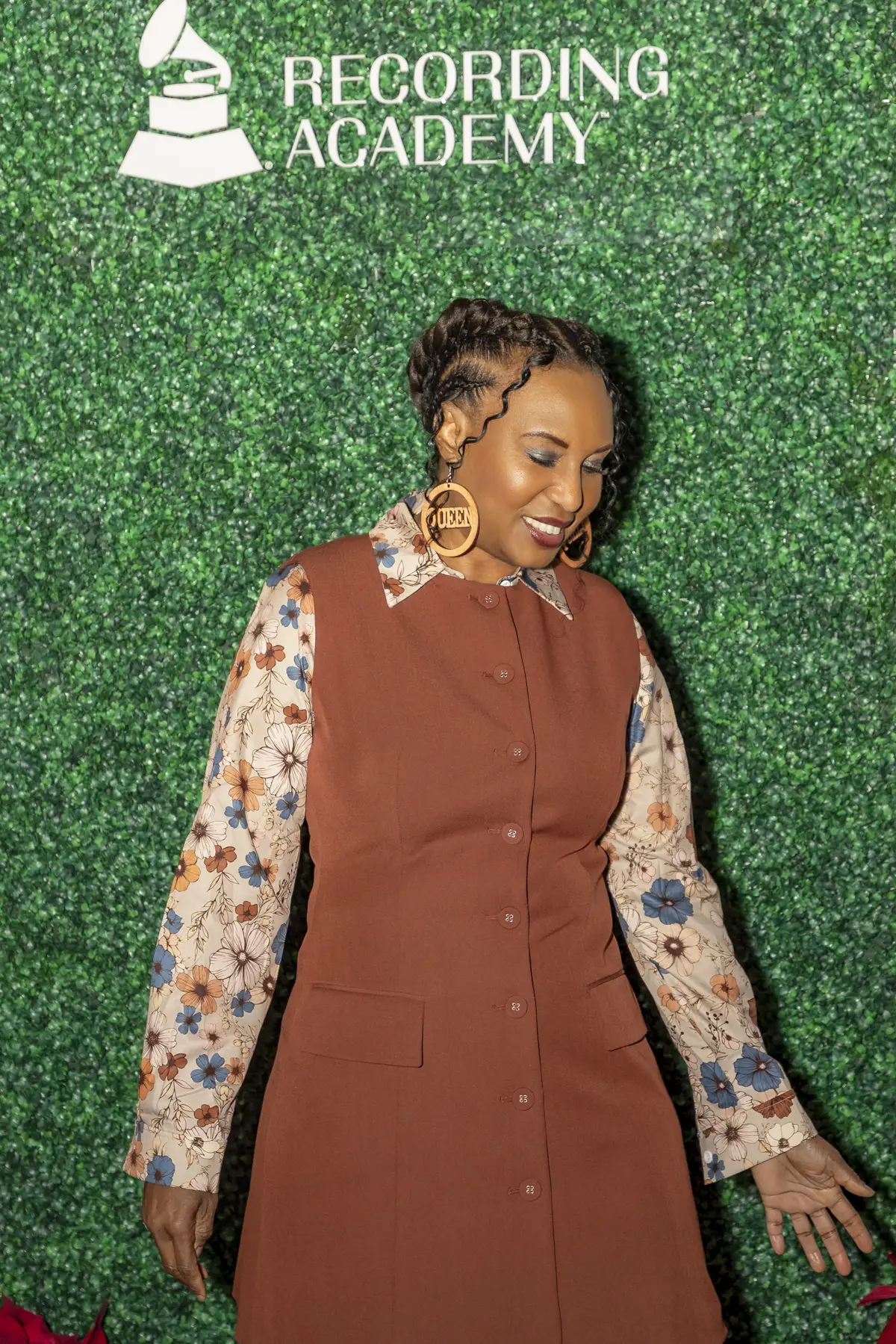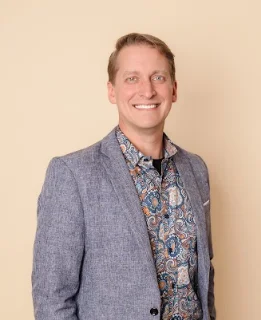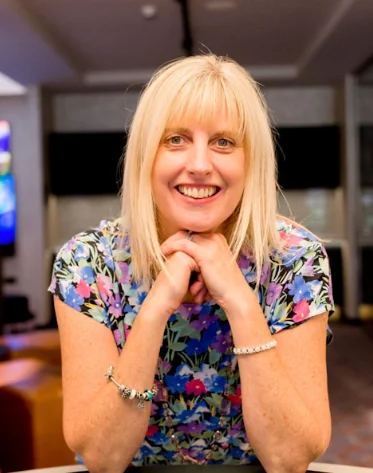James Mayes is the co-founder of Rodeo, a technology platform designed to support event, media, and community businesses across the globe. With a career that includes scaling Mind the Product from a small meetup of 20 people in London to a global community of 300,000 across 220 cities, James has always been driven by one mission: to bring people together, foster meaningful conversations, and strengthen communities.
Beyond his entrepreneurial achievements, James’ story is also one of profound resilience. After being diagnosed with a brain tumor, he not only faced the challenge head-on but also continued to build, run, and inspire—choosing to embrace life with audacity and determination.
Humans of Fuzia is proud to feature James in our He for She series, as his journey embodies perseverance, authenticity, and the belief that real human connection can transform both businesses and societies.
Q: James, what inspired you to start something of your own after your time in the corporate space?
A: My previous opportunity was with an event business that had global impact, helping upskill product managers and build communities worldwide. After selling that business in 2022, I realized the technology we used hadn’t supported us the way it should have. That inspired me to start Rodeo—a platform designed to give event and community organizers the infrastructure they need to succeed on a global scale.
Q: Who are you primarily building Rodeo for?
A: Our initial focus is on people who organize meetups, events, and communities for technology professionals. But ultimately, the vision is broader—supporting anyone building sustainable communities.
Q: What has the response been like so far?
A: We’re still in the early, pre-launch phase, but we’ve been doing constant discovery interviews with prospective customers. The feedback has been encouraging—several people have even asked if they could contribute to our fundraising as future customers, because what we’re building is exactly what they need.
Q: Many entrepreneurs struggle with imposter syndrome. How have you experienced it?
A: Absolutely—it’s part of the journey. For me, the key is to pause and look back at the wins. When you’re in the trenches, you don’t always realize the progress you’re making. Taking a step back to recognize achievements helps build the confidence to keep going.
Q: Looking back, what would you have done differently when starting out?
A: I would have spent more time talking to customers. Many founders build what they want to see, forgetting to validate with the people who will actually use it. Spending more time with customers gives you invaluable insights.
Q: What challenges have you faced in recent years—personally or professionally?
A: My biggest challenge wasn’t business—it was personal. I was diagnosed with a brain tumor last year. The doctors told me recovery would be three weeks in the hospital. I was home in three days. They said chemo and radiotherapy together would leave me unable to move—I ran 5K every week. I often say, “I’m tough to kill.” But I didn’t do it alone. My community rallied around me, offering tools, research, and support. That experience reaffirmed the power of vulnerability and connection.
Q: What legacy do you hope to leave through your work with Rodeo?
A: I want to make communities sustainable. Right now, organizers put in huge effort to run meetups, but big platforms like LinkedIn and Facebook take the data and keep the money. At Rodeo, we want to change that. If there’s value being created, the organizers deserve to see returns. By making communities sustainable, we can contribute to a healthier society.
Q: How do you define success—both personally and professionally?
A: Success is seeing a small idea grow into a movement. At Mind the Product, we went from 20 people in a London bar to 300,000 across 220 cities. With Rodeo, I believe we can do even more. Personally, success is about building something that lasts and creates impact beyond me.
Q: What advice would you give to new leaders and entrepreneurs?
A: Get comfortable sharing your mistakes. The biggest failure is failing to learn. And the fastest way to learn is to talk through mistakes with others. Vulnerability builds trust—and trust builds stronger communities.
“I want to help communities thrive by giving power back to the people who build them. That’s how we make society stronger.” – James Mayes
Connect with James Mayes:
https://www.linkedin.com/in/jmayes/
Want to be featured?
If you’d like to be featured in the Humans of Fuzia series, email us at fuziatalent@fuzia.com.



